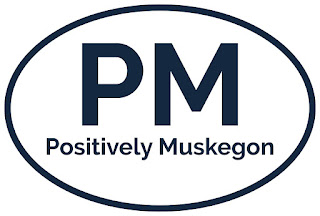Black History Month begins February 1. There will be events throughout the month teaching us about Black history. Through the years that we’ve observed Black History Month, recognition of the significance of Black Americans’ contributions to our lives has grown, and hopefully so have we all. Some of us are old enough to remember the strife of the Civil Rights era in the US. With the generation responsible for that period of great progress “aging out,” and awareness and fairness not where we’d like to see it, it’s up to all of us to find new ways to learn and contribute to the effort.
Working to understand the long-term implications of slavery isn’t easy. I am a 52-year-old writer whose earliest exposure to the concept of slavery was the TV mini-series “Roots,” which I was shielded from watching start-to-finish due to my age and the subject matter. I was only seven at the time it was released, so I can’t really blame my parents for wanting to keep someone that young away from the brutality depicted. But even viewing only portions of it left me with a clear message: “Slavery was bad. People were forced to work for free or they were beaten.”
As I became an adult, my understanding of slavery grew, and along with it, my loathing of the practice and of the mindset that allowed it to happen. Most would agree that freedom should be equal, and many voices have screamed to end segregation and discrimination, but even legislation enacted with the goal of making our freedom more equal doesn’t necessarily address the impacts of slavery because they’re still not understood from the perspective of those who endure the unfairness.
An event at 3:00 p.m. on February 5th at First Presbyterian Church of Muskegon (at the corner of Sherman Ave. and Wickham Dr.) aims to help the community understand the long-term issue. First, there will be a showing of the video “Salt:Dispersed,” a one-woman journey by British performance artist Selina Thompson. Like so many Black British persons, Thompson, when asked “where she was from,” found that explaining she was from England didn’t quite seem to be the answer people were looking for. In time, she came to realize that through the enslavement of her people, her own ancestry had been stolen. There was no path for her to trace back a few generations to see “where she came from,” because those who came before her had been rounded up by force, stowed on boats, and brought to some unknown corner of the world to be bought and sold like livestock. The emptiness in that thought alone is enough to give you a moment’s pause. And it should.
The hour-long video will be followed by a discussion of the film and the issues it raises, hosted by George Barfield, nationally renowned as a National Consultant and Trainer for Cultural Sensitivity. In the spirit of willingness to understand a point of view that otherwise may stay silent, it’s a free event and open to all. I was invited to the church by Adam Bell and Roxanne Deibel to learn a little more about the event and their hopes that hearing the point of view of someone who sought to answer questions about her ancestry and its legacy will help us all understand the pain of racism a little more today. Take a listen.




